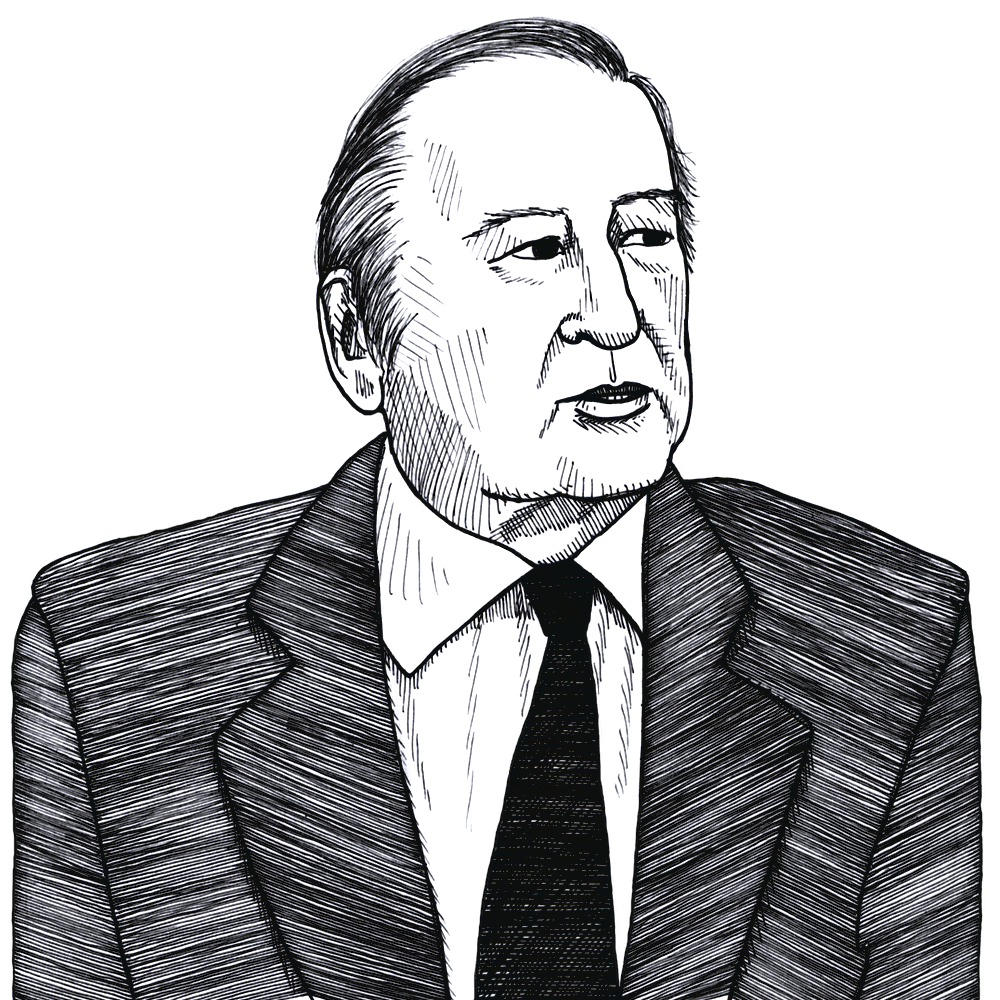
Anthony de Jasay on the free rider problem (2008)
Found in: Social Contract, Free Ride: A Study of the Public Goods Problem
Anthony de Jasay (1925-2019) believes that the presence of large benefits to free riders at the expense of others (the suckers) is the basic reason why society has so many examples of “non-contractual social co-ordination” or coercion:
Economics
In the last analysis, all arm’s-length social coexistence and cooperation that is not exchange under contract carries within itself an element of potential abuse by free riding. This is so because when benefits are not contractually tied to contributions both contributors and non-contributors have access to the benefit. The free rider can appropriate some part of it by taking advantage of others (the suckers) who would rather produce the benefit and share it with the free rider than go without it altogether. It tells something of the human condition that room for free riding, and the “strategies” that give access to it, turns out to provide the most basic explanation of the general principles of non-contractual social co-ordination. Our organization is what it is because the opportunities for free riding, offered by the provision of public goods, are what they are.